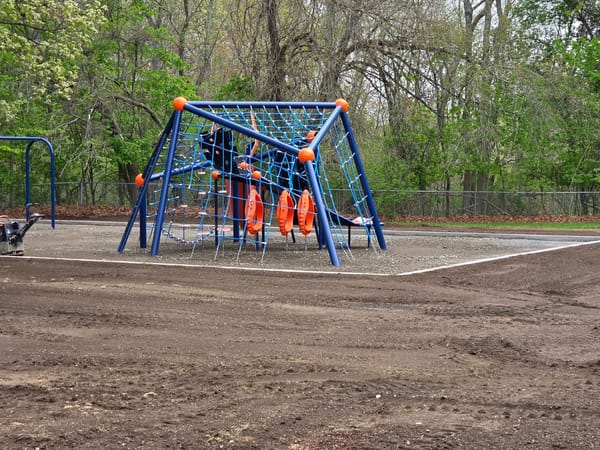Regulations on Accessory Dwelling Units Begin to Take Shape

The discussion about how Burlington will regulate accessory dwelling units (ADUs) continued at the Planning Board meeting of November 7, as the Board collaborated with Planning staff to explore how the town will regulate these secondary residences in alignment with state law.
The ADU provision of the Affordable Homes Act, which will go into effect beginning February 1, 2025, allows for accessory dwelling units in residential zones statewide. These secondary residences may be attached to or detached from the main home on the lot, and the local government isn't allowed to mandate owner occupancy or regulate how many ADUs can be placed on each parcel of land.
The state does, however, impose size and design restrictions on the units. For example, the unit isn't allowed to be greater than 900 square feet or half the size of the principal dwelling and can't have more than two bedrooms. The entrance is to be on the side or rear of the property, and stairways between units have to be enclosed. Additional driveways aren't allowed to be constructed, though one off-street parking space is required. These can't be used as short-term rentals, and the lots can't be subdivided nor the dwellings sold separately.
The Planning Board is considering putting additional regulations in place, include requiring a special permit for a second ADU and mandating that it be restricted as affordable housing; setting a minimum square footage of an ADU to ensure a number of microhomes aren't built on a single parcel of land; and restricting certain ownership structures. The Board is also checking with Town Counsel to see how the law affects pre-existing non-conforming lots smaller than 1/2 acre (Burlington's current minimum lot size).
The goal of this state law is to expand housing options "without additional sprawl," said Planning Director, Liz Bonventre, so people of all income levels and stages of life can afford to live in Massachusetts. This, along with the lot-split provision and other initiatives contained in this law and others, aims to fix what experts agree is a broken housing cycle, whereby the high price of housing forces many to stay in a home that doesn't meet their needs, thereby preventing mobility for a person or family for whom that home would be a good fit.
Planning Board member Joe Impemba, however, expressed frustration at the law, seeing this as an overstep by the state that ignores local bylaws to force a state initiative. "What they're saying is that...everybody can have rental units in their houses," he said. "When they create zoning like that, you've got to look at the worst case scenario. If everybody in the town did it, you'd have two dwelling units on every lot in this town. It would no longer be the town of Burlington." He went further to say, "As time goes on, it will eventually be pretty much the worst case scenario."
The Board and Director Bonventre agreed that the priority now is to acknowledge there is a lot not left up to local control while creating regulations that can go before January Town Meeting in the hopes they can be in place before the law goes into effect in February. "We're lucky to have a January town meeting to get ahead of this," said Bonventre, noting that many towns don't have this opportunity.
An open hearing to hear from the public about these regulations, along with other proposed bylaw changes that will go before Town Meeting in January, will be held at the Planning Board meeting of November 21.





